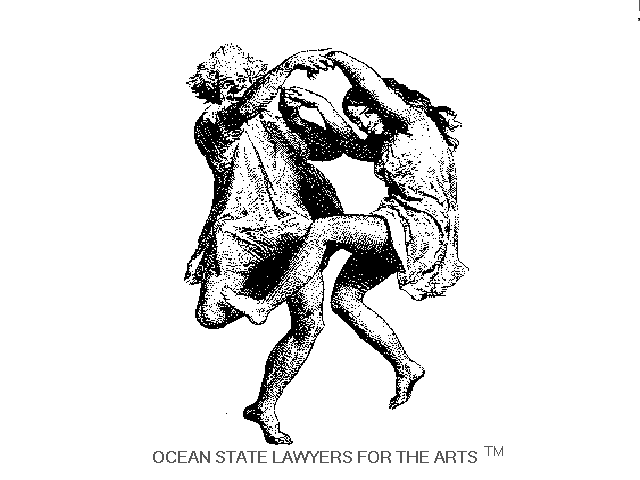
The owner of the copyright in an unpublished work has the right to be the first person to publish the work, i.e. to distribute copies to the general public. On the other hand, the Copyright Act allows someone to use or copy the work of another without being guilty of infringement, if the use is a "fair use."
A fair use can occur under various circumstances, including copying for the purposes of criticism, comment, news reporting, teaching, scholarship or research. There are various factors involved in determining a fair use, such as:
1. The purpose or character of the use-is it for commercial or non-profit educational purposes;
2. The nature of the original copyrighted work;
3. The amount of the original work copied;
4. The effect of the use upon the value of the original copyrighted work.
Therefore, it would seem that you could copy an unpublished work, if the copying constitutes a fair use, right? Wrong. In two cases, the U.S. Supreme Court has held that, generally, there is no fair use exception to copying an unpublished work. The unpublished nature of a work tends to negate the defense of fair use.
In a 1987 decision, J.D. Salinger sued a biographer who used quoted numerous passages from his unpublished letters that had been donated to various libraries. Although these letters were available for research by scholars, the Court decided that they still belonged to the author, who had the right to control his own material.
In a 1989 decision, the plaintiff, a publisher, sought to prevent the publication of a book about L. Ron Hubbard, the founder of the Church of Scientology, because it included published and unpublished writings of Mr. Hubbard without authorization. The Court decided to permit publication, but it appeared that the decision was based on the plaintiff's "unreasonable and inexcusable delay" in bringing the action. In its opinion, the Court still followed the Salinger decision, stating that the copying of more than minimal amounts of unpublished expressive material would require the enjoining of its unauthorized use.
It is possible that further court decisions may allow for "fair use" exceptions to the infringement of unpublished works, but for the time being, biographers, and others, should attempt to obtain permission prior to using unpublshed works.
First Published Version, copyright 1990 David M. Spatt
. THIS WEBSITE CANNOT BE USED AS A SUBSTITUTE FOR SOUND LEGAL ADVICE FROM A COMPETENT ARTS OR ENTERTAINMENT ATTORNEY. In the event of a legal problem or question, specific legal consultation is advised. This website is intended only as a means of educating arts organizations and artists of all disciplines as to their potential legal rights and liabilities. The information provided is made available with the understanding that neither OSLA nor the office of David M. Spatt is engaging in the rendering of legal counsel.
copyright 1997 David M. Spatt, All rights reserved
Reproduction is prohibited without the express written consent of the author
